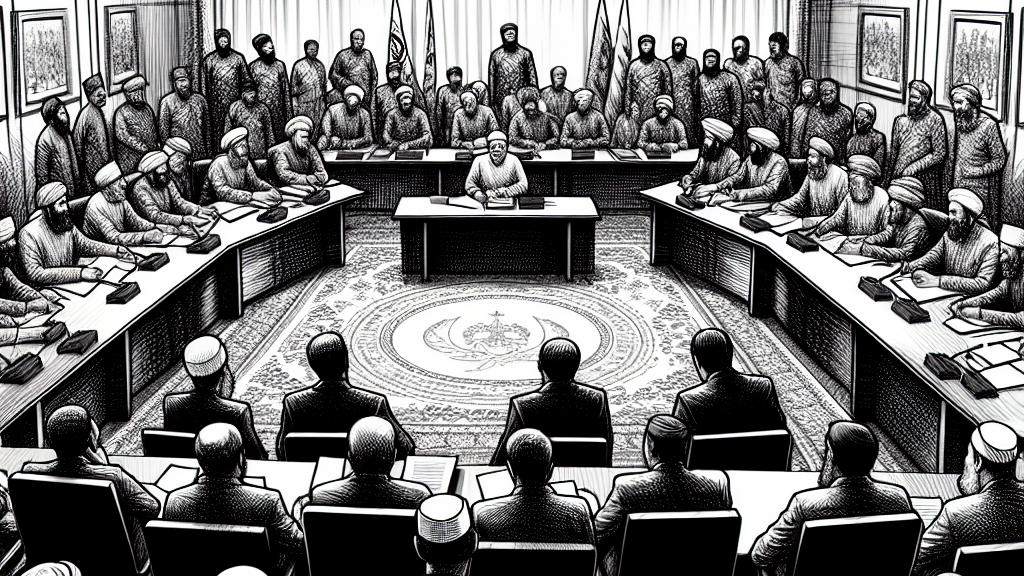Abe Shinzo's Meeting with Unification Church Leader for Election Support
Overview
- In a pivotal moment leading up to the 2013 elections, Abe Shinzo met with Unification Church leaders, raising significant concerns.
- This meeting highlighted the intricate ties between politics and religion in Japan, further complicated by Abe's tragic assassination.
- The growing scrutiny over the church’s influence on political decisions has catalyzed a public demand for accountability and reform.

The Meeting: Context and Significance
On June 30, 2013, just days before the crucial Senate elections, then-Prime Minister Abe Shinzo engaged in a controversial meeting with leaders of the Unification Church at the Liberal Democratic Party headquarters. This encounter was not merely a casual meeting; it was a significant event that showcased the complicated web of political and religious relationships within Japan. Attended by key figures such as former ministers and party officials, this gathering aimed to secure election support from the church, a group long mired in controversy. For example, many saw this as a troubling intersection of political interests and religious influence, prompting widespread concern about the implications for Japan’s democratic integrity.
The Unification Church: A Cloud of Controversy
The Unification Church, known as the Family Federation for World Peace and Unification, has a notorious reputation in Japan, historically linked to manipulative fundraising practices and allegations of cult-like behavior. With about 100,000 followers, its influence has often come under scrutiny, especially after high-profile incidents, such as the assassination of Abe. The assassin’s claims that his mother went bankrupt due to demands for large donations from the church—and subsequent lawsuits seeking restitution—exemplify the church's contentious public image. Notably, victims have emerged, asserting they were misled into providing substantial financial contributions, which collectively amount to billions of yen. These revelations have intensified public debates over the ethical dimensions of political affiliations with the church, underlining the urgent need for reform.
Calls for Transparency and Reform
As the Ministry of Education formally requested the dissolution of the Unification Church, the unfolding drama has ignited a fierce call for transparency within Japan's political sphere. Citizens, initially indifferent, have rallied for accountability regarding the church's historical ties to numerous politicians, pushing for clearer boundaries between faith and governance. This urgency is fueled by a desire to protect democratic values from potential manipulation by organized groups. Furthermore, as discussions about the church's practices and their impact on society grow, many advocate for policies that ensure ethical conduct in political affiliations, demonstrating a collective commitment to uphold the integrity of Japan’s democratic processes.

Loading...